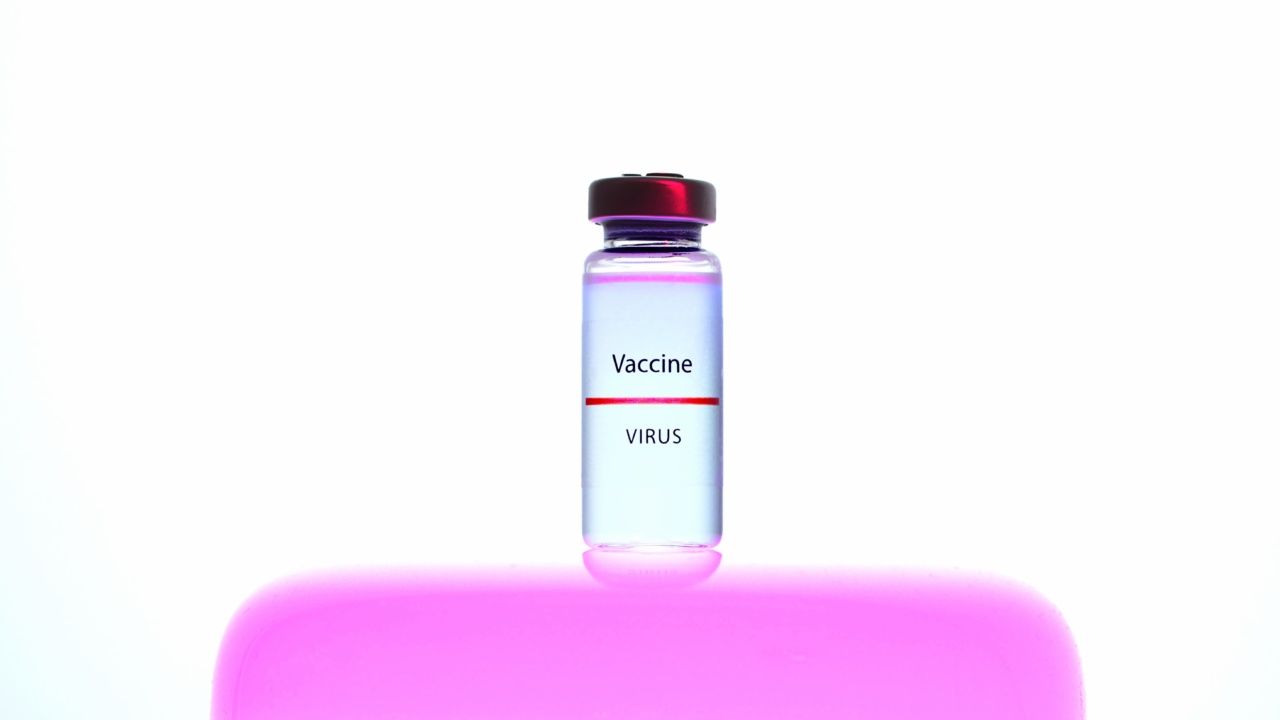Antibiotics have revolutionized modern medicine, saving millions of lives by effectively treating bacterial infections. However, there is a dark side to these wonder drugs that often goes unnoticed – their impact on gut health and immunity.
While antibiotics are undoubtedly crucial for combating harmful bacteria, their broad-spectrum nature can also disrupt the delicate balance of our gut microbiome, leading to a host of potential health issues.
Understanding the Gut Microbiome
The gut microbiome refers to the trillions of bacteria, fungi, and viruses that reside in our digestive tract. These microorganisms, collectively known as the gut flora, play a crucial role in our overall health.
They are involved in digestion, nutrient absorption, metabolism, and even immune system regulation.
Research has revealed a complex interplay between the gut microbiome and our immune system.
A diverse and balanced gut flora is associated with enhanced immunity, reduced inflammation, and protection against various diseases, including autoimmune disorders, obesity, and mental health conditions.
Antibiotics and Gut Health
When we take antibiotics to combat an infection, their primary goal is to kill the harmful bacteria responsible.
However, in the process, antibiotics can also inadvertently eliminate beneficial bacteria in our gut, disrupting the delicate ecological balance.
Unlike targeted antimicrobial treatments, such as antiviral or antifungal medications, antibiotics have a broad-spectrum action, meaning they can kill both pathogenic and beneficial bacteria.
This indiscriminate approach can have significant consequences for gut health and overall well-being.
Imbalance and Dysbiosis
Disruption of the gut microbiome due to antibiotic use can lead to a condition called dysbiosis.
Dysbiosis refers to an imbalance in the composition of the gut flora, characterized by a decrease in beneficial bacteria and an overgrowth of harmful or pathogenic species.
This imbalance can impair the healthy functioning of the gut, leading to various symptoms such as bloating, diarrhea, constipation, and abdominal pain.
Furthermore, dysbiosis has been linked to a range of health conditions beyond the gut, including allergies, asthma, obesity, type 2 diabetes, and even mental health disorders like depression and anxiety.
Impaired Immune Function
The gut microbiome plays a crucial role in training and modulating our immune system. When antibiotics disrupt the delicate balance of the gut flora, it can compromise our immune function and leave us more susceptible to infections.
Studies have found that antibiotic use in early life can significantly impact the maturation of the immune system, potentially leading to long-term consequences.
Children exposed to antibiotics have been shown to have a higher risk of developing allergies, asthma, and autoimmune diseases later in life.
Antibiotic-Associated Diarrhea and Clostridioides difficile Infection
A well-known side effect of antibiotic use is antibiotic-associated diarrhea (AAD). This condition occurs when antibiotics disturb the gut flora, allowing harmful bacteria like Clostridioides difficile (C. difficile) to overgrow.
C. difficile infections (CDI) can range from mild diarrhea to life-threatening colitis. CDI is difficult to treat and often requires additional rounds of antibiotics, perpetuating a vicious cycle of gut dysbiosis and further compromising gut health.
Protecting Gut Health During Antibiotic Treatment
While antibiotics are essential for fighting bacterial infections, steps can be taken to minimize their negative impact on gut health. Here are some strategies:.
1. Probiotics
Probiotics are live beneficial bacteria that can help restore the balance of gut flora.
Taking probiotic supplements or consuming probiotic-rich foods like yogurt, sauerkraut, and kefir during and after antibiotic treatment can help replenish the gut with beneficial microbes.
2. Prebiotics
Prebiotics are dietary fibers that serve as a fuel source for beneficial bacteria in the gut.
Including prebiotic-rich foods like garlic, onions, leeks, and bananas in your diet can support the growth of beneficial bacteria and promote a healthy gut microbiome.
3. Targeted Antibiotics
When appropriate, opting for targeted antibiotics specific to the infection-causing bacteria can minimize the collateral damage to the gut microbiome. Consult with a healthcare professional to determine the most suitable antibiotic for your condition.
4. Timing and Duration
Take antibiotics as prescribed and complete the full course, as stopping early can contribute to antibiotic resistance. Also, if possible, discuss with your healthcare provider about the timing of your antibiotics.
For example, taking them at least two hours apart from probiotics can reduce the chances of interference.
5. Balanced Diet
Eating a well-balanced diet rich in fruits, vegetables, whole grains, and lean proteins can promote overall gut health. A diverse range of nutrients supports the growth of diverse beneficial bacteria in the gut.
6. Avoid Unnecessary Antibiotic Use
Antibiotics should only be used when necessary and as prescribed by a healthcare professional. Many common infections, such as the common cold, are viral and do not require antibiotics.
Using antibiotics unnecessarily can contribute to the development of antibiotic-resistant bacteria.
Conclusion
Antibiotics have undoubtedly revolutionized medicine and saved countless lives. However, it is essential to recognize their potential impact on gut health and immunity.
By being aware of the risks and taking steps to protect our gut microbiome during and after antibiotic treatment, we can help minimize the negative consequences and maintain our overall well-being.






























